Metabolism

Serine/threonine kinase AMPK upregulates glucose uptake by promoting the expression and function of glucose transporters. AMPK is activated by increased AMP/ATP ratio, resulting from cellular and environmental stress, e.g. low glucose, heat shock, hypoxia and ischemia. AMPK activation positively modulates signaling transductions that refill ATP levels. Moreover, it also stimulates catabolic processes such as fatty acid oxidation and glycolysis through inhibition of ACC and activation of PFK2. AMPK negatively regulates various proteins which are important to ATP-consuming mechanisms, e.g. mTORC2, glycogen synthase, SREBP-1, and TSC2, causing the downregulation/inhibition of gluconeogenesis and glycogen, lipid and protein synthesis.
-
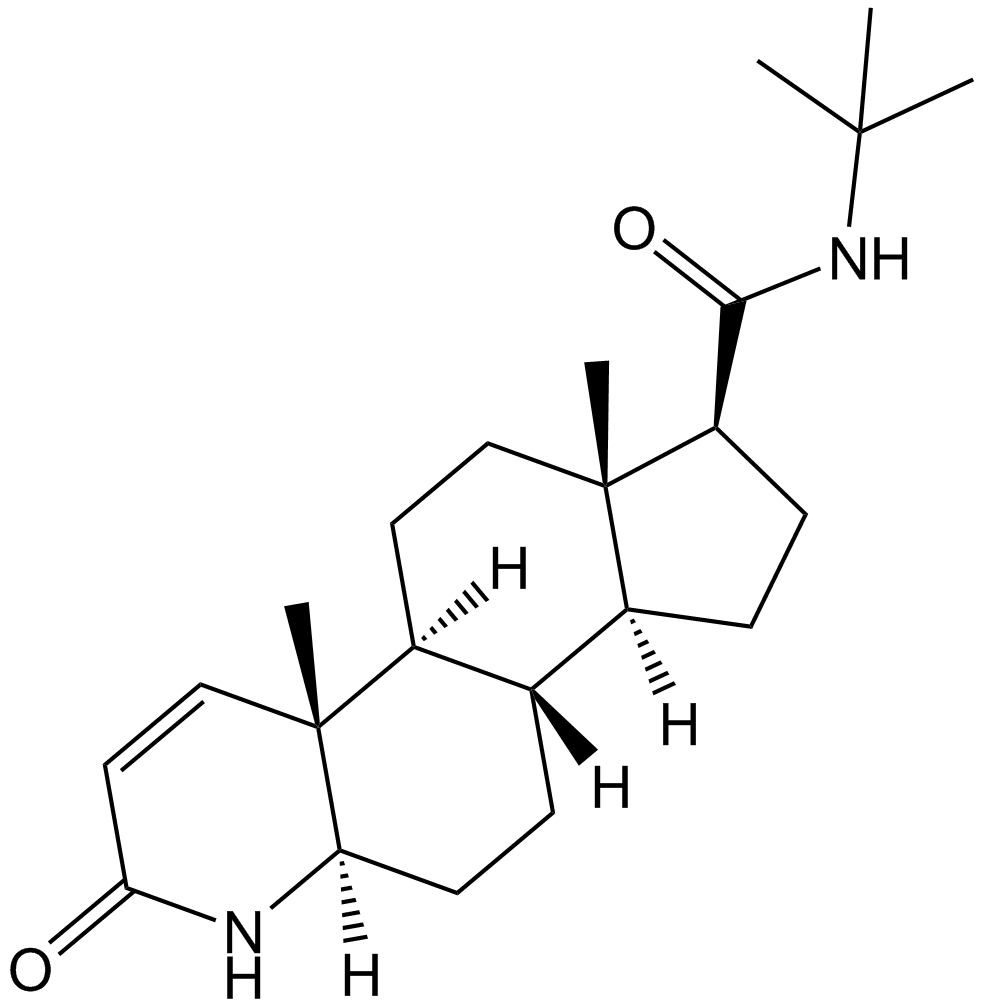 A5143 FinasterideSummary: Inhibitor of Type II 5α-reductase
A5143 FinasterideSummary: Inhibitor of Type II 5α-reductase -
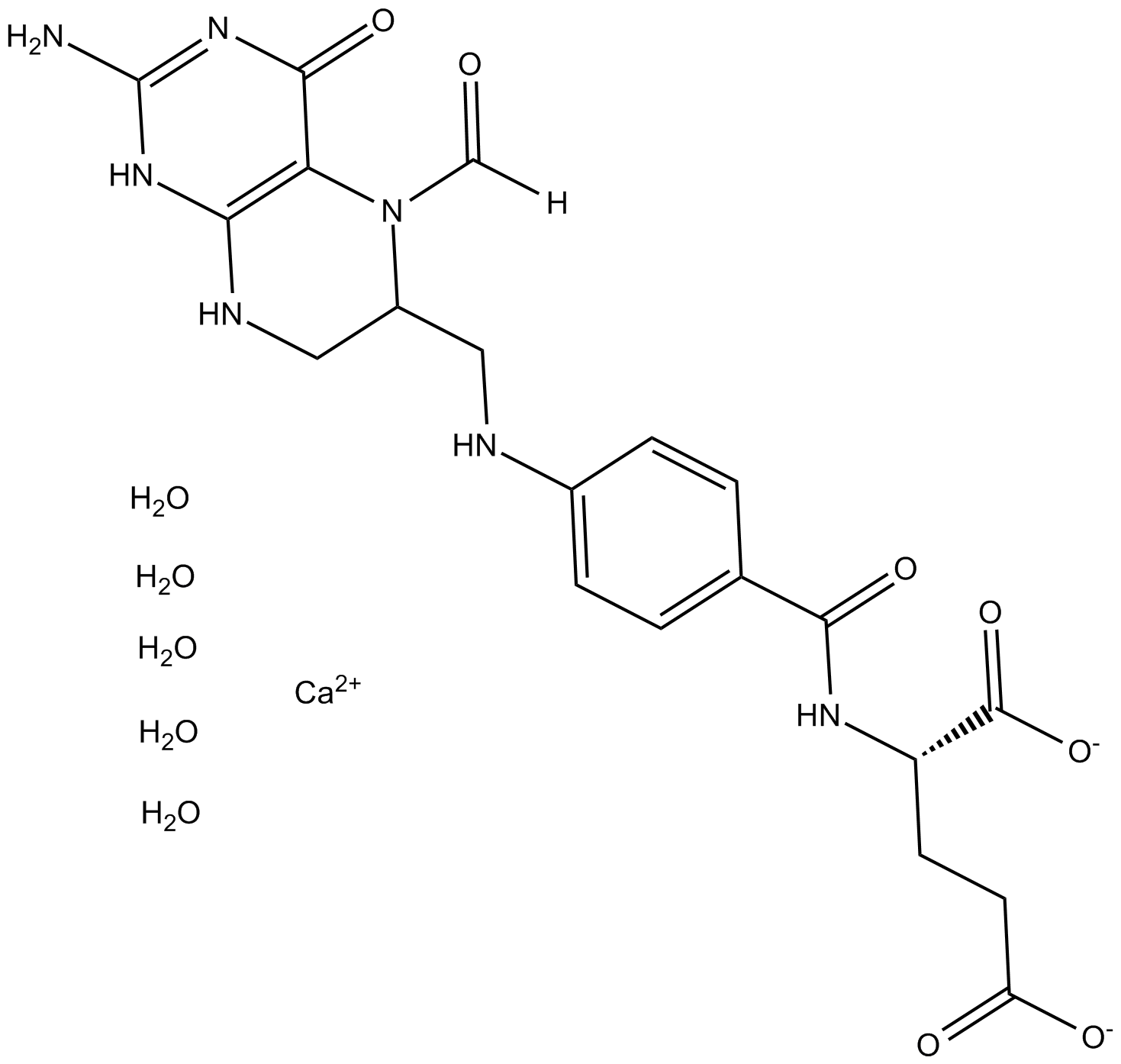 A2489 Leucovorin CalciumSummary: Derivative of folic acid
A2489 Leucovorin CalciumSummary: Derivative of folic acid -
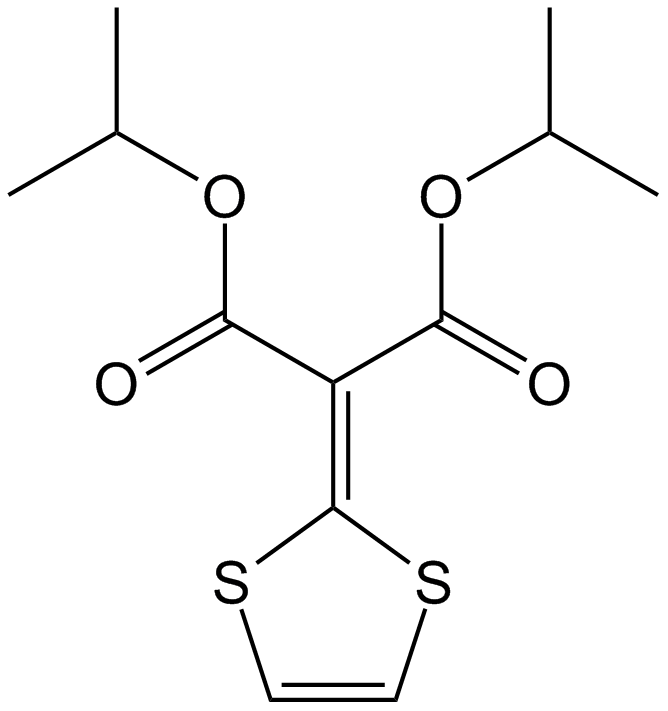 A2486 MalotilateSummary: Stimulates hepatocyte regeneration
A2486 MalotilateSummary: Stimulates hepatocyte regeneration -
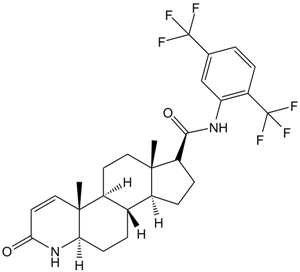 A1659 DutasterideTarget: 5-alpha ReductasesSummary: 5-alpha-reductase inhibitor
A1659 DutasterideTarget: 5-alpha ReductasesSummary: 5-alpha-reductase inhibitor -
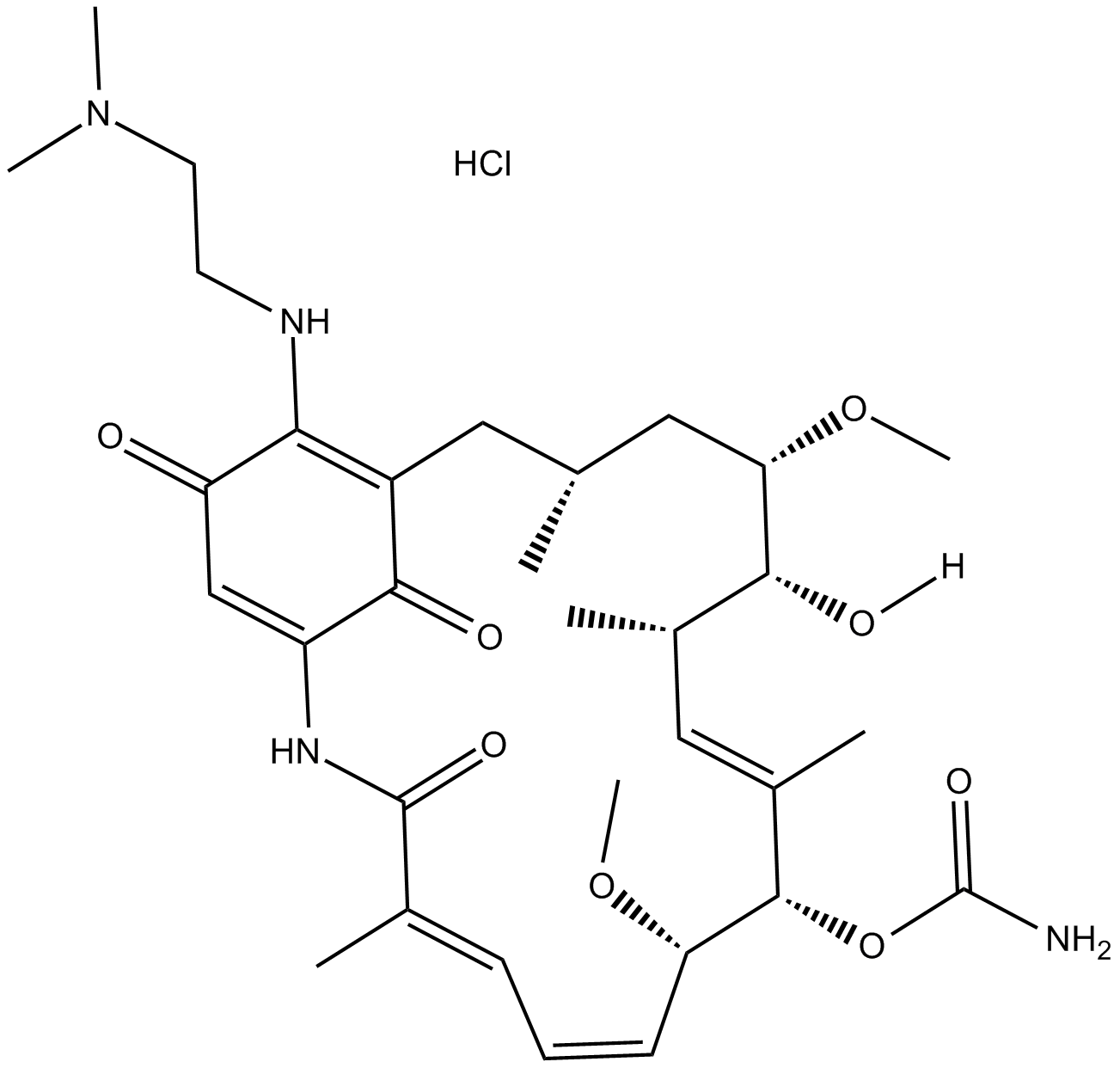 A2213 17-DMAG (Alvespimycin) HCl1 CitationTarget: HSP90Summary: Hsp90 inhibitor
A2213 17-DMAG (Alvespimycin) HCl1 CitationTarget: HSP90Summary: Hsp90 inhibitor -
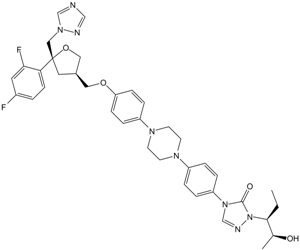 A1718 PosaconazoleTarget: Cytochrome P450 (CYP450)|sterol demethylaseSummary: Sterol C14ɑ demethylase inhibitor
A1718 PosaconazoleTarget: Cytochrome P450 (CYP450)|sterol demethylaseSummary: Sterol C14ɑ demethylase inhibitor -
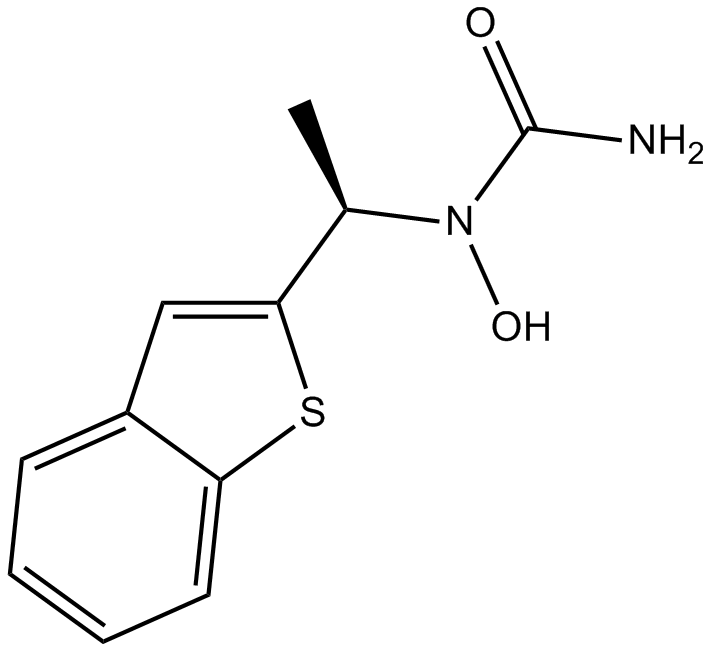 A5384 ZileutonSummary: 5-lipoxygenase (5-LOX) inhibitor, orally active
A5384 ZileutonSummary: 5-lipoxygenase (5-LOX) inhibitor, orally active -
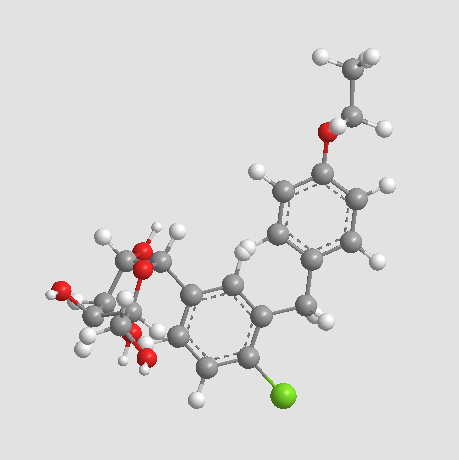 A5854 DapagliflozinSummary: SGLT2 inhibitor,potent and selective
A5854 DapagliflozinSummary: SGLT2 inhibitor,potent and selective -
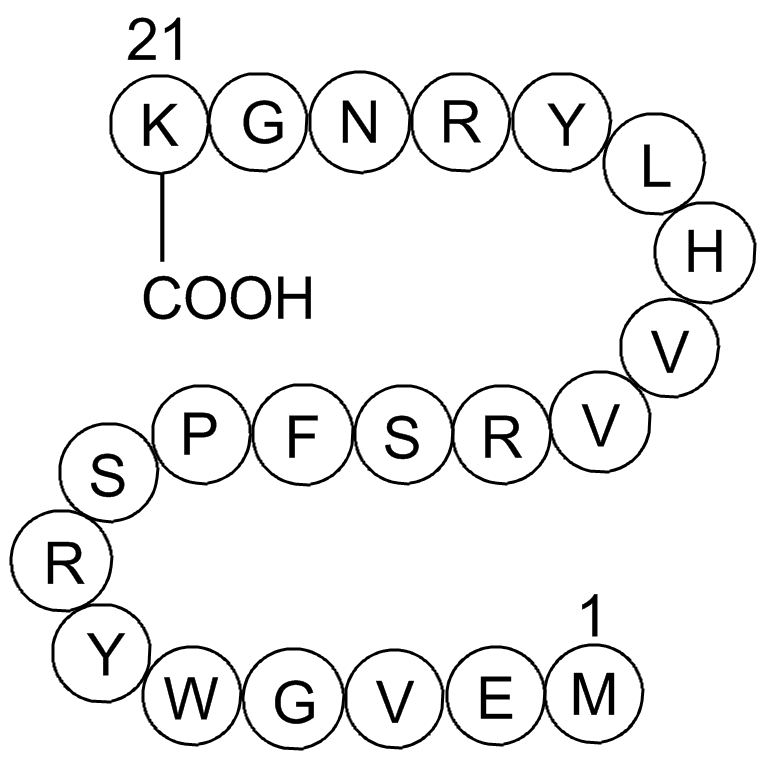 A8306 MOG (35-55)1 CitationSummary: Minor component of CNS myelin
A8306 MOG (35-55)1 CitationSummary: Minor component of CNS myelin -
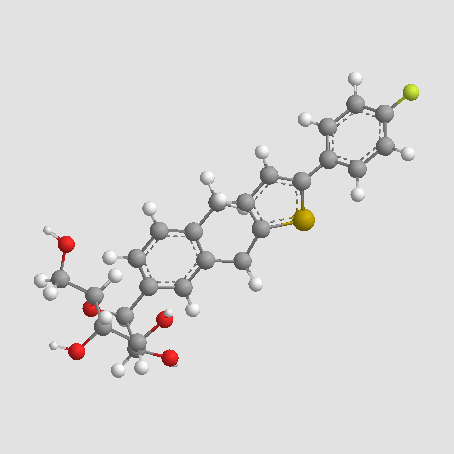 A8333 Canagliflozin1 CitationTarget: SGLTSummary: SGLT2 inhibitor,potent and selective
A8333 Canagliflozin1 CitationTarget: SGLTSummary: SGLT2 inhibitor,potent and selective

